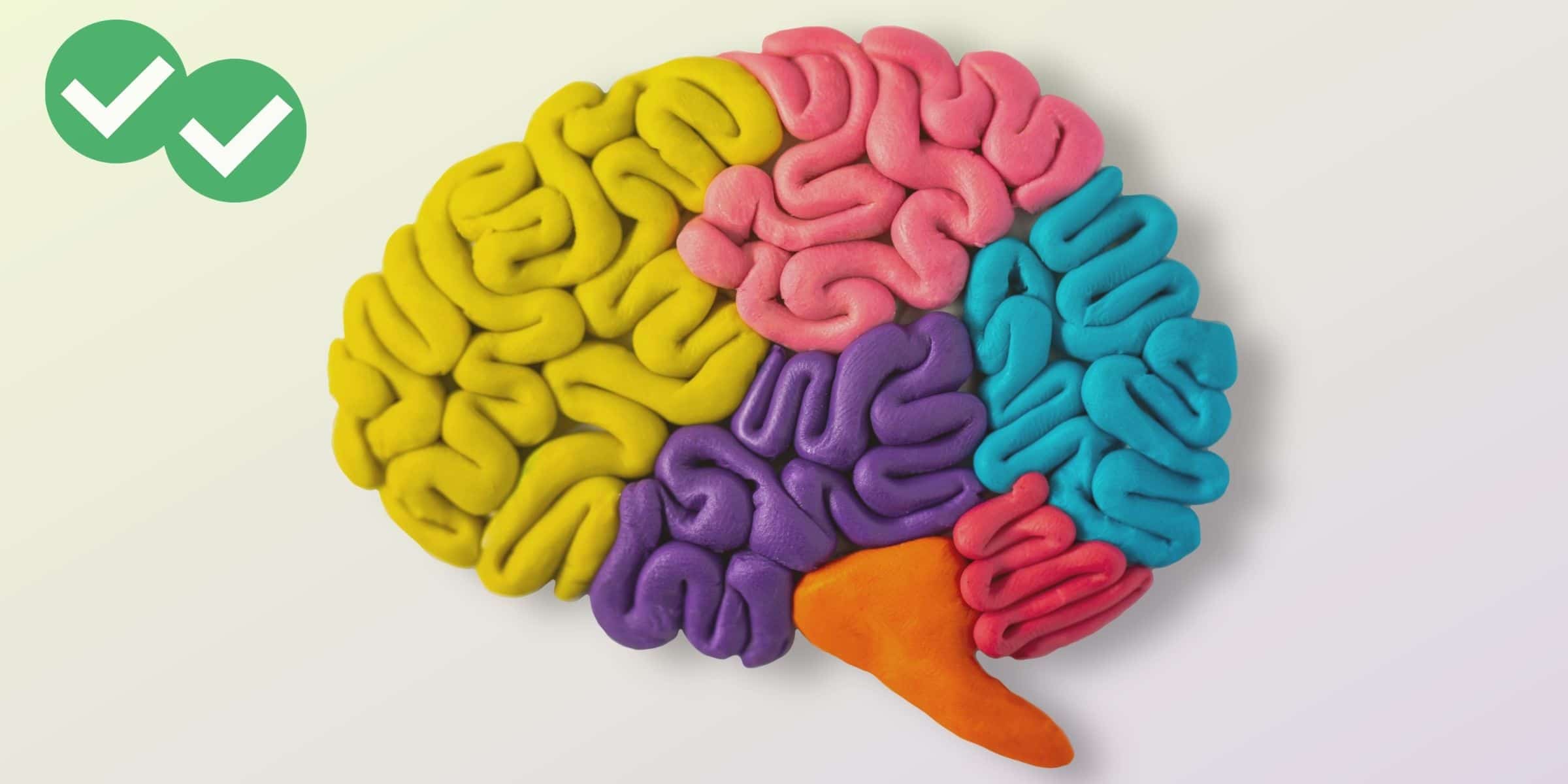In this post, I’m going to explain some words that are easily confused, because they sound and look like other English words.
These are homophones—meaning they have the same exact pronunciation. But they don’t have the same meanings! In most cases, they are not even related.
Discrete & discreet
“Discrete” is a TOEFL word—”discreet” is not. The word “discrete,” with the “e” after the “t” at the end of the word, means “separate” or “not the same.
You might say, for example, that all of the pairs of words in this blog post have discrete meanings.
If we put the “e” before the “t,” though, in the word “discreet,” the meaning is completely changed; “discreet” means careful and unnoticeable, not to reveal a secret.
For example, when in grade school I sat next to a girl who would discreetly look at at my paper during tests in order to copy my answers.
One way to remember the difference is that “separate” and “discrete” both end with “-te,” whereas “secret” and “discreet” both end with “-et.”
Principle & principal
These words are different not only in their spelling and meaning, but also in their grammatical use. “Principle” is a noun, while “principal” is usually an adjective.
A “principle” is a basic belief, rule or idea. It is a fundamental, key part of something larger.
For example, one of the principles of good writing is to be clear. That is an important, basic rule—if you do not write clearly, people will not understand you. Or we could say that one of the principles of science is to prove ideas with experiments.
The word “principal,” on the other hand, means “main” or “most important.” For example, John Lennon and Paul McCartney were the principal songwriters of the Beatles. Other people also helped write Beatles songs, but those two were the most important.
You can remember this by noting that “rule” and “principle” both end in “-le,” while “main” and principal” both contain an “a.”
Proceed & precede
These two verbs are sometimes pronounced a little differently, but often they sound the same. But notice the beginnings of each word: “pro-” and “pre-” are very different.
The prefix “pro-” means “forward,” so it makes sense that “to proceed” means to continue forward, to not stop. It can be similar to “progress.” For example, technological improvement has proceeded very quickly in the last 50 years.
But “precede” has the prefix “pre-,” meaning “before.” So this word means “to come before.” Usually, dark clouds precede rain storms, for instance.
One way to remember this is by simply remembering those prefixes, of course. “Proceed” is similar to “progress,” whereas “precede” refers to something that comes before, like a “prefix.”





